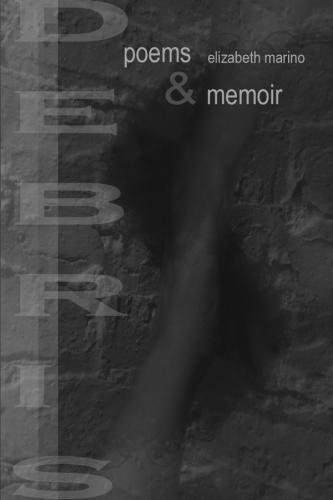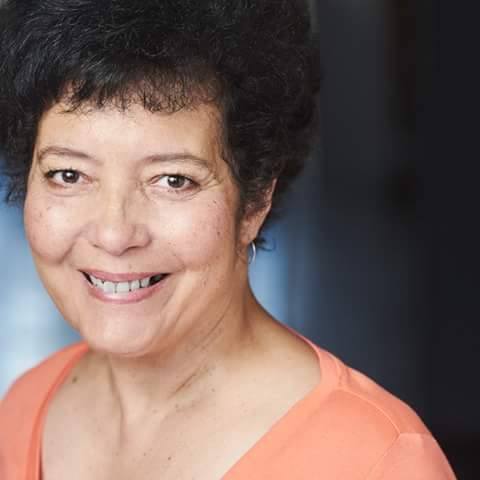Elizabeth Marino.

Many of Marino's Chicago memoir poems appeared in the chapbook Debris: Poems and Memoir
Where Are You From?I am a poet from Chicago.If music can be carried place to placeand one constantly moves, it’s hardto hold what is needed. Objects dropfrom my hands. I am from the Americas.You say you have people here?Home to home, each time somethingis lost and almost replaced. A drumbeat continues.Things gathered up and held to the bosomslip through fingers as you set downobjects. Everything does fall awayin spite of holding tight and a long reach.Music can be carried place to placea melody holding a footfall, a half-remembered lyric re-asserts itselfdifferently each time. Learn to mixadobo at home. A drumbeat continues.You say you have people here?Music can be carried place to placeYellow shock of forsythia bushirrupts in front of the red brick two-flat.A cobblestone stamped Illinois Brickunder your feet. I am from the Americas.Music can be carried place to placea last full blossom on the peony bushthe blink of spring, the shockof stillness on the edge of Eternitythat carousel, the turning called a revolutionof the lost musical cake server.—Elizabeth Marino
A '47 Harley like Marino's father had.
A Cal-Sag barge tow at Blue Island. Marino and friends waved to the bargemen from the shore.My Father’s Last HarleyA yellow photo curls in my hand:my dad,leaning against his ’47 Harleymuscular arms across white T-shirtbrass Golden Gloves belt bucklecatches the suncrossed ankles and sharp grey pants--no trace of Interstate mud at 17or Army drab—trousers nearly fitfor a married man.I’d remembered him as always looking for his red truck.His shadow, I’d walk endless used car lots with himand witness his haggling with salesmen. Always, theperfect red pickup would be just on the next lot,further north or south on Western Avenue.“Don’t you never volunteer for nothin’,” he’d sayEx Cathedra, rising from in front of the TVand shuffling off toward the bedroom; and I, at 16, would walkall 30 miles of the Hunger Hike. After:“That’s one tough kid I’ve got.”He didn’t say muchwhen I left the South Side for the North Shore—but that winterwhen he saw Tevye wavehis eldest daughter off to Siberian exile,Mom said he cried in his popcorn.—Elizabeth Marino
East of AshlandThere, just east of Ashlandwith its potholes, busted Budweiser bottles,rusted stop signs, and Augie’s two-pump gas station,I lead the caravan of bicyclesdown towards the docks of the Calumet-Saginaw Canal. We stopped, and mapped outother journeys for ourselves.We named them angels—those bargemenwho waved and kept going.We each kept one eye cocked,meaning to leave Blue Island far behind.We lived further west than Ashland,among the south bank of the Canal—where our teacher saidyou could still find Indian arrowheads—but east of Gypsy Town and the trailer parklit up like a dime store Bethlehem by Clark Refinery.Cheryl headed out first, and went south--Southern Illinois University—and I trailed her overlandto visit, no seats on an overbooked “City of New Orleans.”Her college friends gathered, showed usthe rock formations of Granite City National Parkthe white and green river town of Cape Girardeau.Both of us really weren’t surprised by the sites;we’d always known they’d be therewhen we’d dreamed on the banks of the Cal-Sag Canal\down there, east of Ashland.—Elizabeth Marino








